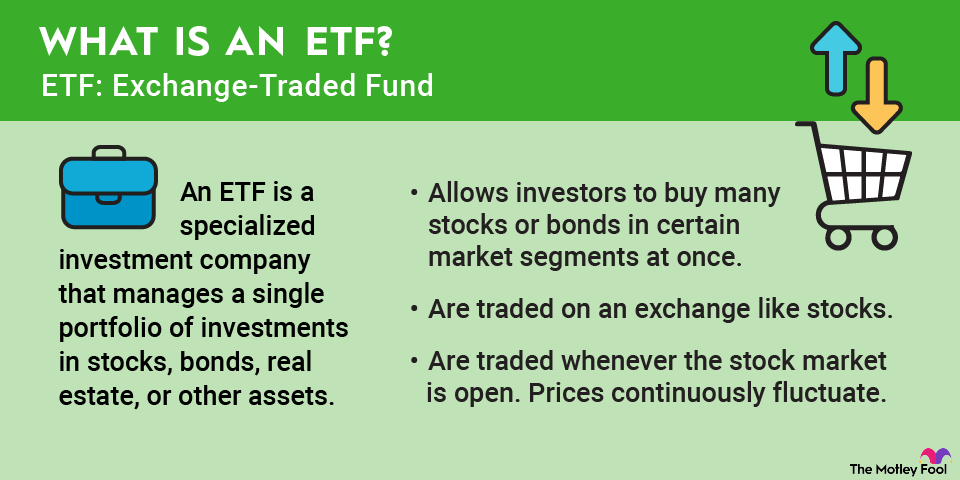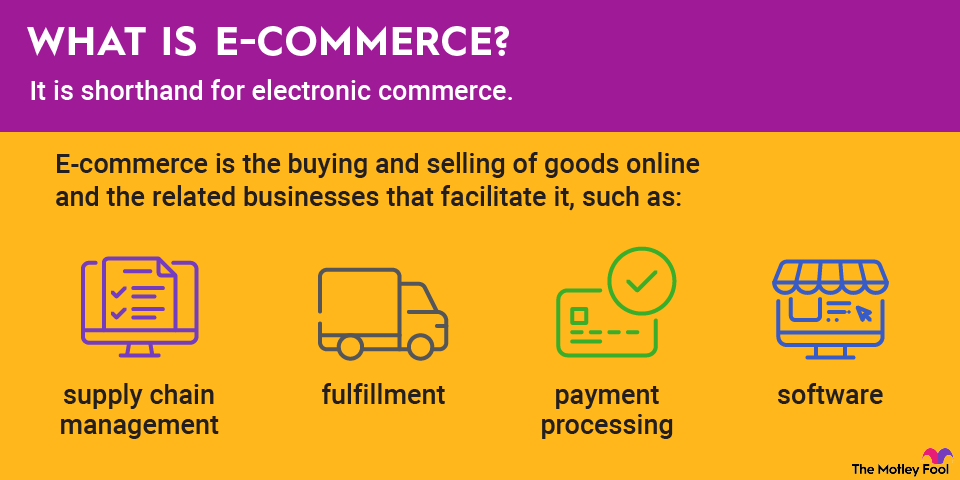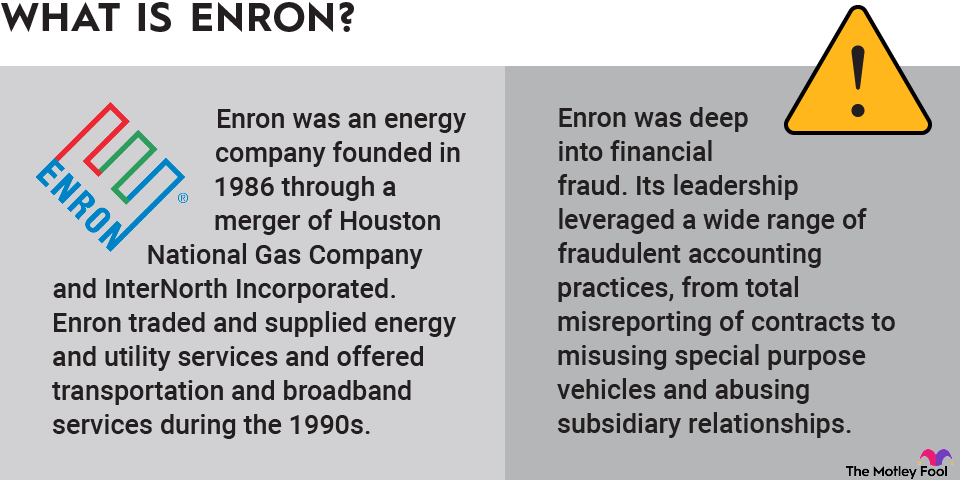Equity in equities: Owning equities means that you own some kind of regulated investment with the goal of making money. Maybe that’s a certificate of deposit or a bond, or maybe it’s stocks. Regardless, the equity of your equities is how much of their value that you own outright.
Shareholder equity: Shareholder equity is something you’ll see appear on a balance sheet if you’re checking out a company’s financials. This is how much of the company is owned by the shareholders, meaning people like you who have bought different types of stock offerings or received them as part of a compensation package.
What can you do with equity?
Equity is essentially an untapped source of potential. Just like you can tap the equity in your home when you’ve paid down a certain percentage of the mortgage, you can often borrow against other types of equity to help you achieve your goals faster. With any kind of equity-based borrowing, it’s important to understand what you’re borrowing for, where the value of the securing asset is likely headed, and how much you’ll pay in interest and fees for the return you’re seeking.
For example, you can borrow against the equity in your business to buy a new piece of equipment that might increase your ability to fill orders. If the rate of increase in business will more than outpace the interest rate you’re paying, it’s a good use of your equity. The same can be done with the equity in many types of securities using a margin loan, although the risk you face of not coming out ahead can be considerably higher.
Related Investing Topics



















